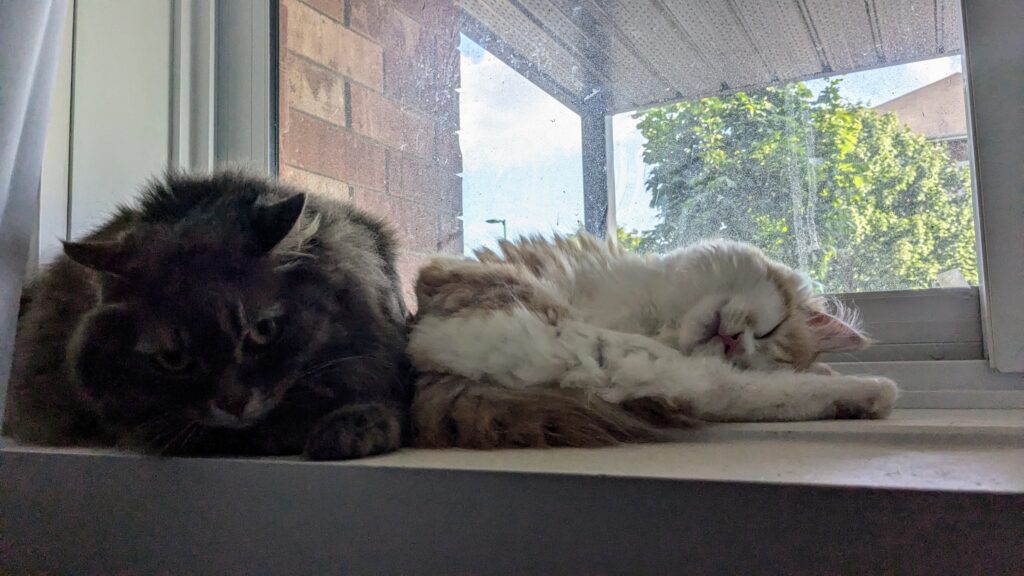Have you ever wondered why your usually calm kitty suddenly bolts at the sound of a door creaking or a loud sneeze? It turns out, there’s a lot going on behind those twitching whiskers!

Sensitivity to Sounds
Cats have incredibly sensitive hearing. While humans can hear sounds up to 20,000 Hz, cats can pick up frequencies as high as 64,000 Hz. This means even the faintest rustle or high-pitched noise can be startling to them. Imagine your favorite song suddenly blasting at full volume—that’s what it might feel like for a cat!
Evolutionary Instincts
Cats are natural hunters, and their ancestors needed to be hyper-aware of their surroundings to avoid predators and catch prey. This instinct to stay alert is still strong in domestic cats. Sudden noises can trigger their “fight or flight” response, making them jumpy and nervous.
The Element of Surprise
Cats rely on their keen senses to detect and react to their environment. When an unexpected noise happens, it’s like a surprise attack to their senses. This jolt can cause them to react with fear or startle, even if the noise is harmless.
Past Experiences
If a cat has had a negative experience associated with loud noises—like fireworks or a vacuum cleaner—they might become especially sensitive to similar sounds in the future. Their memory of those frightening moments can make them extra cautious.
Need for Control
Cats love having control over their environment. Sudden sounds disrupt their sense of safety and predictability. When a loud noise occurs, it can make them feel vulnerable and anxious because they can’t immediately determine what caused the sound or how to respond.
How to Help Your Nervous Friend
Create a Safe Space: Provide a cozy, quiet spot where your cat can retreat when they feel scared.
Desensitize Gradually: If possible, introduce your cat to new sounds in a controlled and gentle manner.
Use Calming Products: There are pheromone diffusers and calming treats that can help reduce anxiety in cats.

Leave a Reply